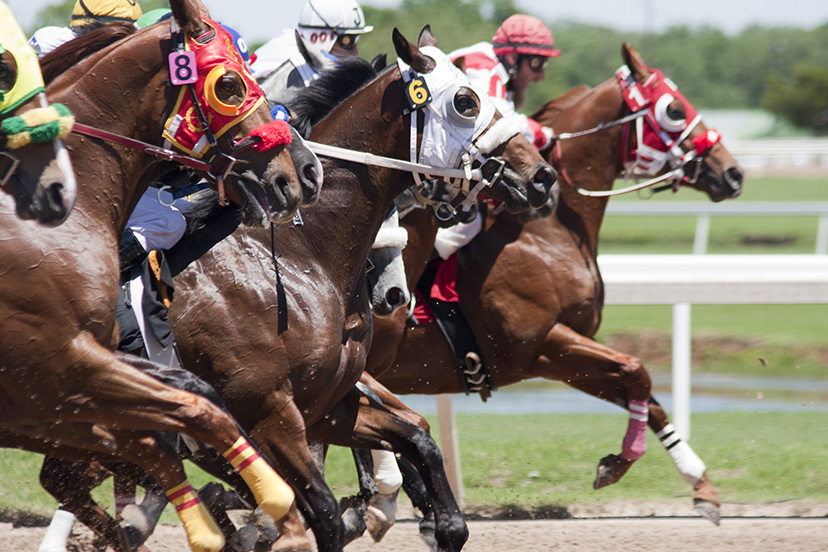
Racehorses are typically owned by horse aficionados who have a keen interest in the sport and have connections within the horse racing world to find the right trainers and the right training grounds to make the horse a champion. Between stabling, transport, training and feeding a racehorse, the costs associated with owning a horse can be quite high, which is why owning a racehorse is more of a business than any other kind of horse ownership. Though the costs of keeping a racehorse can be quite high, so too can the financial rewards if the horse is a winner, with winning stakes reaching as high as $15million for Group 1 races.
Understanding your horse’s talents
Certain horses achieve more in different races, so knowing if your horse is a 1200 metre champion or a 2400 metre champion can make quite the difference in their training and their overall achievements at the track. The kind of racehorse you own will also have an impact on the training regime you adopt for your horse to ensure that they are moving towards achieving the best of their potential. There are multiple award-winning horse trainers around the world that one can choose from but the better the trainer’s reputation, the higher the costs will be.
Using history to predict the future
There are plenty of horses out there that are race-worthy but it takes a special sort of breed to ensure you’ve got a winner on your hands. You need to know where your horse comes from to have an idea of where it will go in the future. Previous victors of such races as the Everest and the Melbourne Cup races in Australia are put out to stud to create a new generation of winners. So if you’re looking for a racehorse that is one of this year’s hot Golden Eagle tips, then breeding stock is vitally important. If you choose the right pedigree, then the long run may be lucrative in winnings.
The time it takes to train a winner
Most racehorses begin their training at around 2 years of age. From the very beginning when the horse becomes used to being tacked up and learns to be loaded into a starting gate, to the age of 3, when they are usually beginning to run their first races is a vital time in a horse’s racing career. Champion horses only usually run for 2-3 years at the peak of their performance before they are put out to pasture, so the window of achieving success with a racehorse is quite small.
The recipe for success with a racehorse
There needs to be a certain relationship between horse and trainer to achieve success and that relationship needs to be extended to the horse and jockey for the most successful outcomes. Choosing a jockey for your horse who has a proven successful track record is important, but as with any animal, the relationship goes deeper than horse and rider. There is an emotional connection that needs to be established between your horse and your jockey to ensure that you have yourself a winning team.
The business of owning a racehorse involves a large financial commitment in the early stages, without any promises. As with any investment, buying a racehorse can be a financial risk, but with the potential for great reward.
Leave a Reply